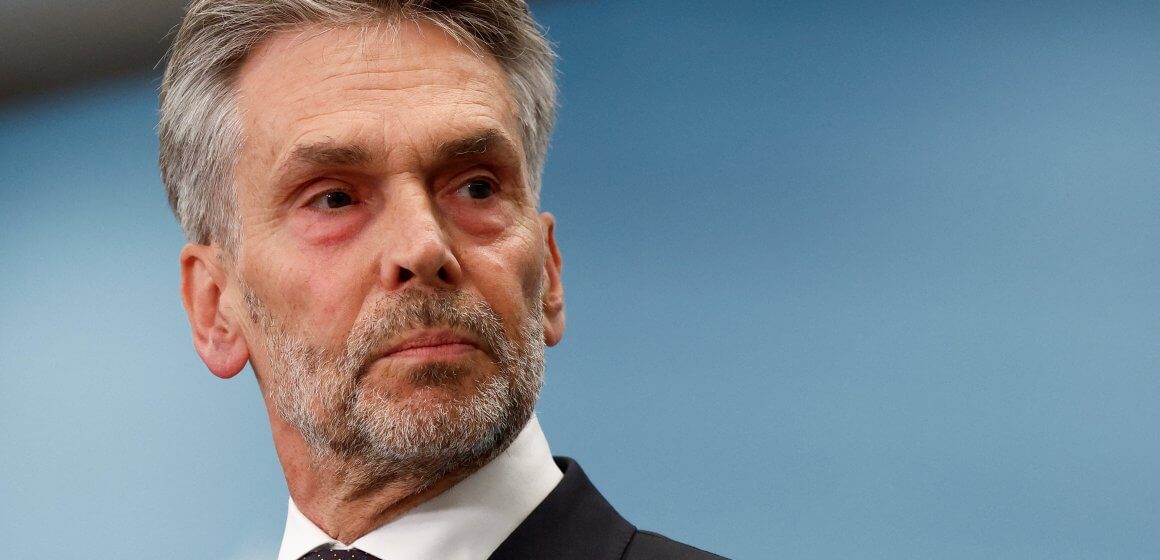|
LISTEN TO THIS THE AFRICANA VOICE ARTICLE NOW
Getting your Trinity Audio player ready...
|
To address the growing pressure of asylum seekers in the Netherlands, the Dutch government is exploring a controversial proposal to send rejected African asylum seekers to Uganda. Prime Minister Dick Schoof confirmed the potential plan during a press briefing in Brussels on Thursday but admitted that many details still need to be ironed out before it can be implemented.
“It is a serious plan, but a lot still needs to be worked out,” Schoof said, acknowledging the complexities surrounding such a move. While the proposal is part of the government’s broader strategy to reduce immigration, legal and diplomatic hurdles remain. It is unclear whether Dutch law would allow such an arrangement, and whether Uganda would be open to the idea.
The proposal was first introduced by the Dutch trade and development minister during a visit to Uganda earlier in the week. However, Uganda’s response to the plan has been largely dismissive. Okello Oryem, Uganda’s State Minister for Foreign Affairs, expressed skepticism about the proposal when contacted by the press. “I don’t think Uganda would agree to that,” Oryem said, highlighting that Uganda already provides refuge to over 1.6 million displaced individuals from neighboring countries like Sudan, South Sudan, and the Democratic Republic of Congo.
“We don’t deport any refugees. Why do European countries deport refugees?” Oryem questioned, pointing to Uganda’s long-standing policy of providing sanctuary rather than expelling those seeking asylum. Uganda is one of the largest refugee-hosting nations in the world, with a reputation for welcoming displaced populations from across East Africa.
The Dutch government’s move is part of a broader trend in Europe to establish “return hubs” outside the European Union. These hubs are designed to house rejected asylum seekers before they are returned to their home countries. The aim is to ease the pressure on European countries by reducing the number of individuals staying within their borders after being denied asylum.
For the Netherlands, managing immigration has become a priority as public concern over the issue continues to rise. In 2023, the country received approximately 50,000 asylum requests, putting a strain on its resources. Prime Minister Schoof’s government has made it clear that addressing the inflow of asylum seekers and increasing deportations is a top priority.
“We need to see collectively how we can limit the flow of asylum seekers and stimulate returns,” Schoof said, emphasizing the need for a multi-faceted approach. “It will be a process of trial and error, but it’s important that we explore all possible solutions.”











LEAVE A COMMENT
You must be logged in to post a comment.